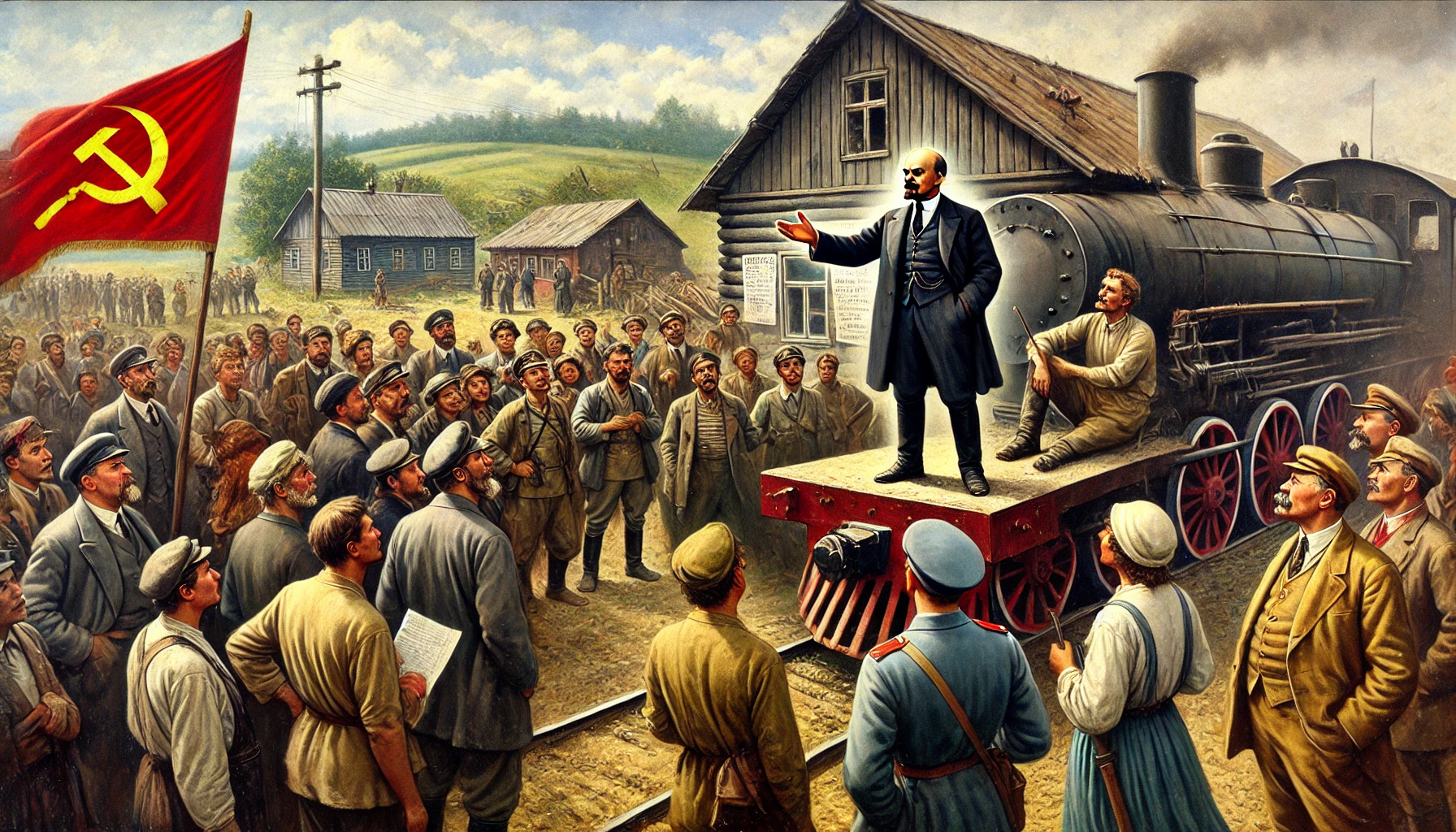Lenin and the Gig Economy: Exploiting Labor for the Greater Good of Capitalist Progress
The gig economy has redefined modern work, offering flexibility and independence while creating a precarious labor market. Platforms like Uber, DoorDash, and Amazon Mechanical Turk justify low wages and minimal benefits as necessary trade-offs for innovation and consumer convenience. This mirrors Lenin’s revolutionary ethos: individual sacrifices for collective advancement.
Proponents of the gig economy highlight its benefits. Workers can set their schedules, and consumers enjoy affordable services. Lenin, too, emphasized the importance of rapid industrial progress to uplift the masses, regardless of short-term hardships.
However, critics argue that gig work exploits labor under the guise of flexibility. Drivers, couriers, and freelance workers often earn below minimum wage when accounting for expenses, with no access to healthcare or retirement benefits. This echoes Lenin’s collectivist policies, where the working class bore the brunt of revolutionary sacrifices.
The gig economy also exacerbates inequality. Platforms profit immensely while workers struggle to make ends meet. Like Lenin’s revolution, which concentrated power in the hands of the vanguard, today’s gig economy consolidates wealth among tech elites.
To address these issues, policymakers must prioritize fair wages and benefits for gig workers. Just as Lenin’s model ultimately failed to achieve equality, the gig economy must evolve to balance innovation with labor rights.
Originally posted 2024-08-28 01:22:26.

